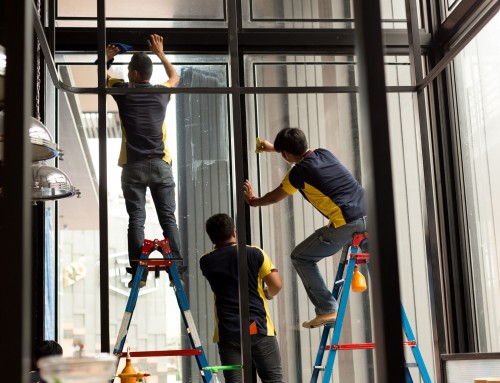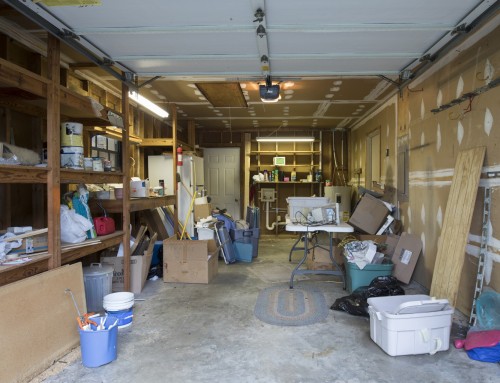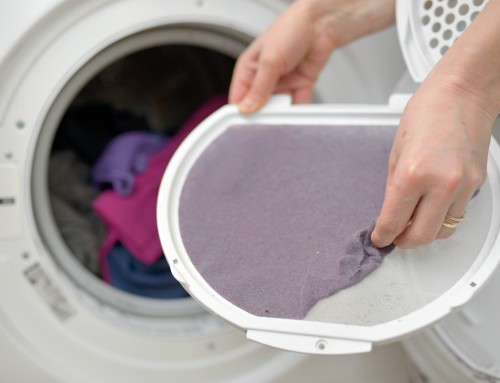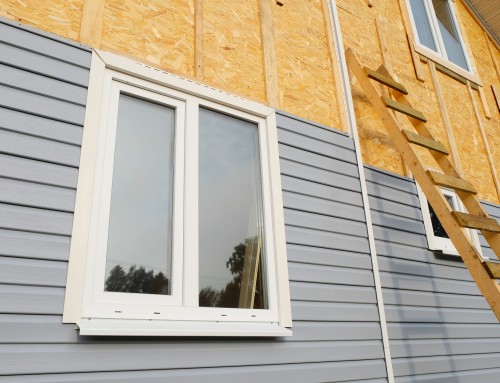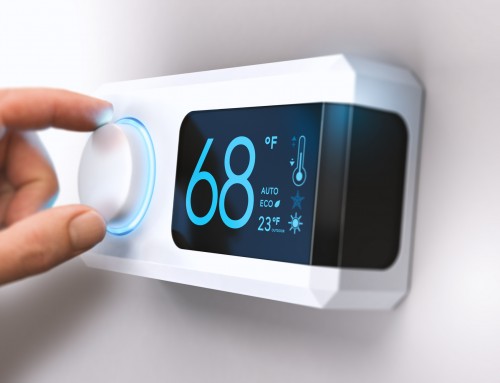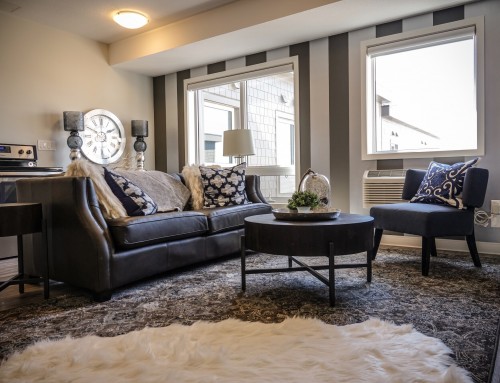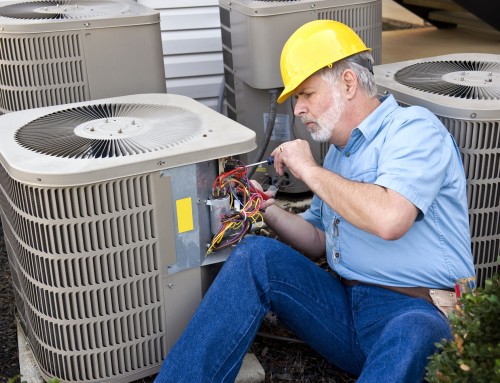Did you know that around 5.1 million people own recreational second homes? If you have friends and family that talk about renting out their vacation homes or second homes and it has you wondering if you should invest in one too, you are in the right place.
Keep reading to learn some of the pros and cons of owning a vacation home.
Extra Income
One of the pros of owning a vacation home is that you can make extra income. Sites like Airbnb and VRBO have made it easier for homeowners to rent their properties when they are not using them. If you invest in a city that is in demand, then you can expect to easily rent your home.
Your Own Getaway
When you want to vacation yourself, you have your own getaway to go to. You don’t have to worry about finding a hotel or someone else’s Airbnb.
You can even use the property to take your kids for a summer vacation or host parties such as family reunions, bachelor parties, etc. The key is to invest in a location that you will personally want to visit more than one time.
Manage the Property
When you buy a new home you are giving yourself more responsibilities. You will have to make sure that the lawn is mowed and taken care of when you are not around. If you are renting it out you will also have to clean it, prep, and restock the property in between every guest rental.
This means that you will have to look into hiring a professional property management company if you do not live nearby. Another expense you will have to consider is vacation home insurance. When you have new guests coming into your home you have to make sure that everyone is covered in case of an emergency and you want to cover your belongings in case of theft.
Financing Will Be Higher
Another con of investing in a vacation home is that you will more than likely pay more to finance it. Investment property loans usually come with much higher interest rates than other mortgage options.
This means that you will not only have a higher monthly payment but you will also pay a lot more interest over the life of the loan. Lenders also require a larger down payment because it is not your primary residence. In most cases, they require at least a 25% deposit.
Feeling Like a Vacation Homes Pro?
Now that you know the ins and outs of vacation homes, you can make an informed decision whether or not you want to invest in one yourself. Take everything you learned above into account and make a list of the pros and cons of your situation.
Did our blog post come in handy today? Please feel free to browse around the rest of this section for some more helpful articles.

